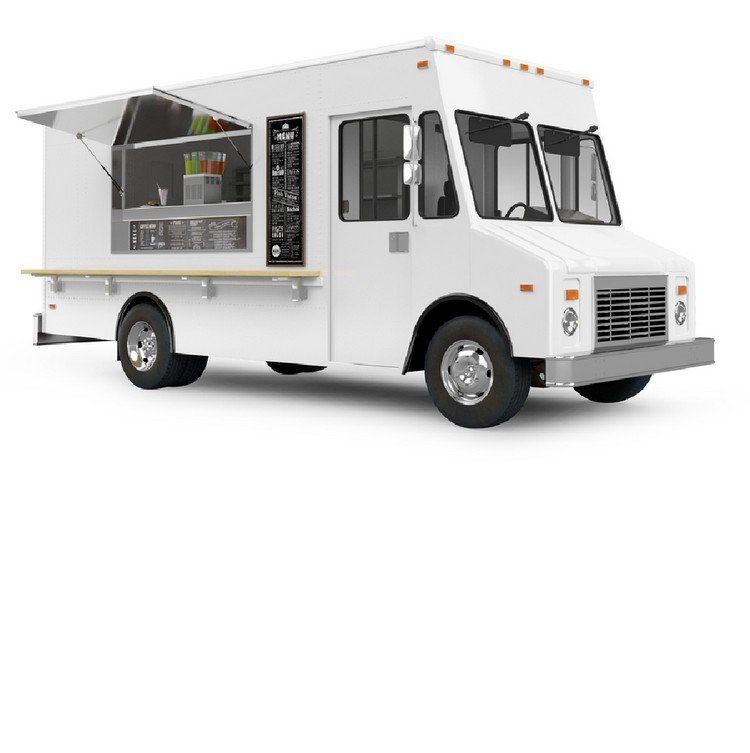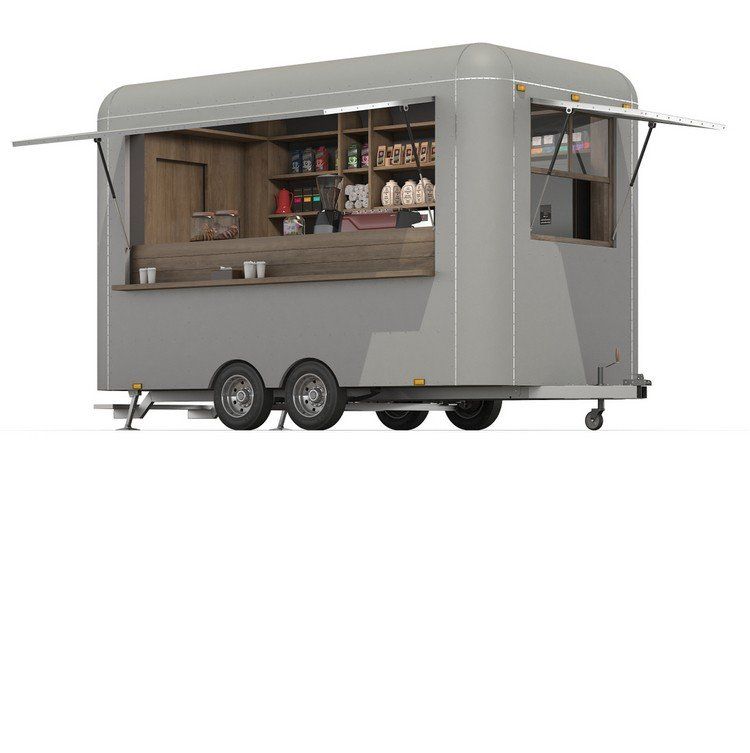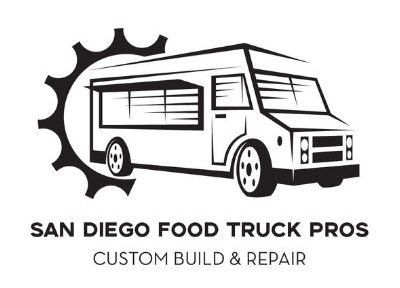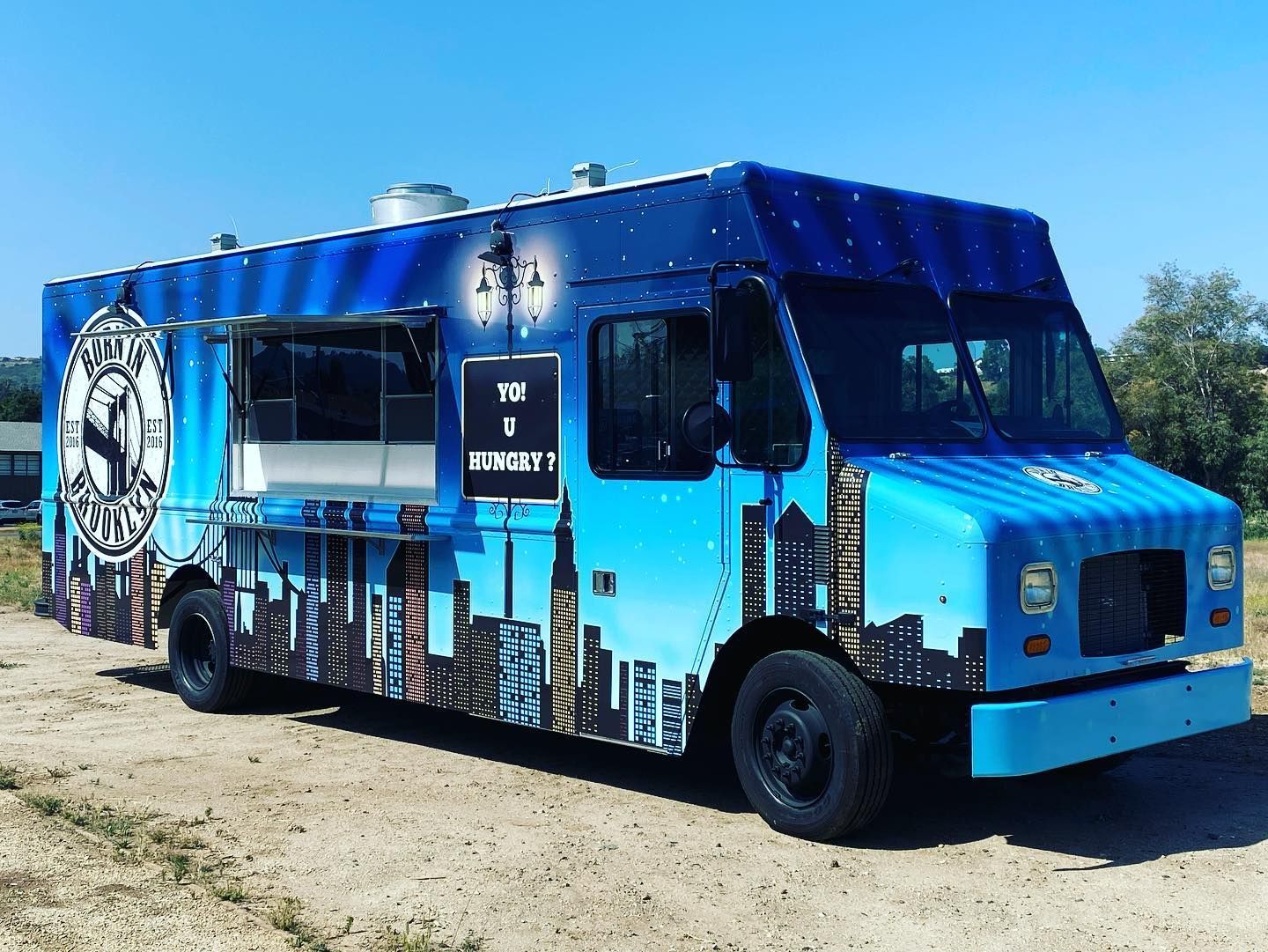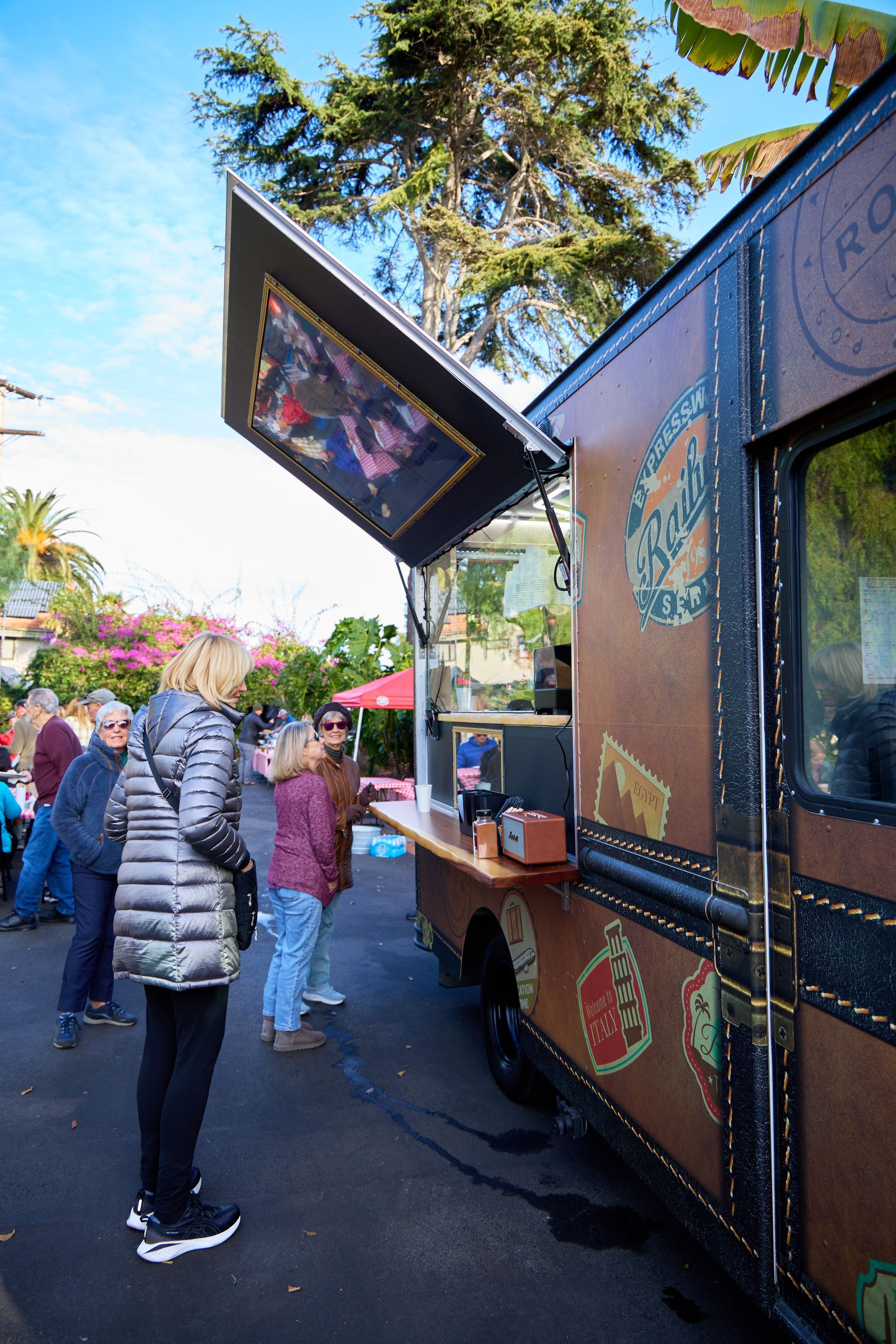Mastering the Road: 7 Essential Tips for Successful Food Truck Operation in 2024
Food trucks seem to be around every corner in Southern California, with new ones popping up every week. Why is this? It’s simple; it’s because food trucks are profitable and highly in demand! However, just because they’re extremely popular, it doesn’t mean it’s easy to run and operate them. So, we’ve come up with 7 tips for running a food truck in 2024 to help give you an idea of some of the factors that go into starting up a business on wheels.
Like running any small business, turning it from a passion or hobby into a legitimate business involves a lot of hard work and a couple of sleepless nights. You have to create a delicious menu, differentiate yourself from the competition, comply with health codes and zoning laws, train and manage employees, and purchase (or rent) a truck. There’s a lot of behind-the-scenes work that will make or break your business. But, if none of these scares you away, then this blog is for you!
1. Do Your Research
We understand that starting a new business is extremely exciting, and it’s tempting to jump in as soon as you have some money saved up. However, before rushing into it, we recommend putting in the research. We can guarantee there will be some unexpected roadblocks along your journey. If you can learn about them and prepare for them ahead of time, it’ll be much easier to get over them and keep going. For example, what will you do when a piece of equipment breaks down mid-rush, or if you spend a significant amount of money on a truck, only to find out it doesn’t pass the state inspection? Do some digging online, ask a local food truck business owner, or find out if your friends and family members know a food truck owner who could give you some insight.
2. Test the Waters
Like most businesses, you want to test the market before making a full commitment. Even if your friends and family constantly tell you to open up your own restaurant, you should check to see if paying customers have the same positive reaction to your cooking. You can start by catering for some small parties that don’t involve friends or family members. If you want to get the whole immersive experience without the significant financial investment, you can rent a food truck or start with a push cart.
3. Don’t Forget About Licenses & Permits
Permits and licenses are required to run your business legally. It’s a step that is often overlooked but is extremely important. Permits can vary from state to state, so a truck that passes in one state won’t necessarily pass in California. This can cause problems when people buy trucks from out of state and get everything ready to go, only to find out the need to put twice the money back into the vehicle to get it up to code. Research and preparation are critical for making it past this step! We understand this may sound like a nightmare, which is why we help you get all of your paperwork correctly submitted. We understand this process inside and out and know how to get trucks approved in California!
4. Find the Perfect Location
You can have the best food in your city, but if you’re parked in the wrong spot, you won’t be very profitable. Location is a big part of running a successful food truck business, so you want to find an area with high foot traffic. The good news is, if the spot you’re at isn’t drawing in enough customers, you can pack up and drive to another location! You can test out as many places as possible and even get a routine where you switch spots at specific times or days to maximize profits. Keep in mind that different locations may have different rules regarding parking and selling food out of your truck. Knowing the rules before setting up will help you avoid fines and tickets.
5. Plan How to Pay for Your Truck
Even though food trucks are much cheaper than brick-and-mortar restaurants, it’s still going to cost you quite a bit. Costs will include food, vehicles, insurance, permits, marketing, repair/maintenance, employee wages, and more. Luckily, you don’t have to save up for 10-20 years or sell your car to start a food truck business. Like other small businesses, you can get financial assistance, whether it’s through a small business loan, fundraising, or in-house financing from a shop (like us). So, think of your mobile kitchen as a small business, and make sure you plan out all the financial costs you’ll need throughout the year.
6. Get a High-Quality Truck
The truck is the heart of the business, so trying to cut costs on a cheap truck can threaten the business’s success. You may end up finding that cheap used trucks come with many surprise issues that cost thousands of dollars to fix. Not only will this be a major headache, but it will set you back, making it take longer for you to get your business on the road. Everything will go much smoother if you’re cooking with high-quality equipment in a truck that is specifically designed for your business and menu.
7. Promote Your Food Truck Business
Simply have a truck, and a menu won’t bring in enough customers. Sure, word of mouth travels fast, but marketing travels faster. You want your company’s name to be the first thing that pops into people’s heads when they start getting hungry around lunchtime. Having a great social media strategy with photos mouthwatering menu items is a great way to do this. You can also partner with other businesses to reach new potential customers. For example, San Diego is packed with breweries, and some of them don’t have their own kitchens, which creates an excellent opportunity for you! Promoting a collaborative day or event with another business will give you a huge amount of visibility.
We hope our 7 tips for running a food truck in 2024 help you out! If you’re interested in purchasing a pre-made truck, creating a customized truck, or renting one, we can help! We even offer food trailers and push carts as well. If you’d like to learn more or get a quote, give us a call at (858) 221-3095, or contact us on our website. We’re excited to work with you!
